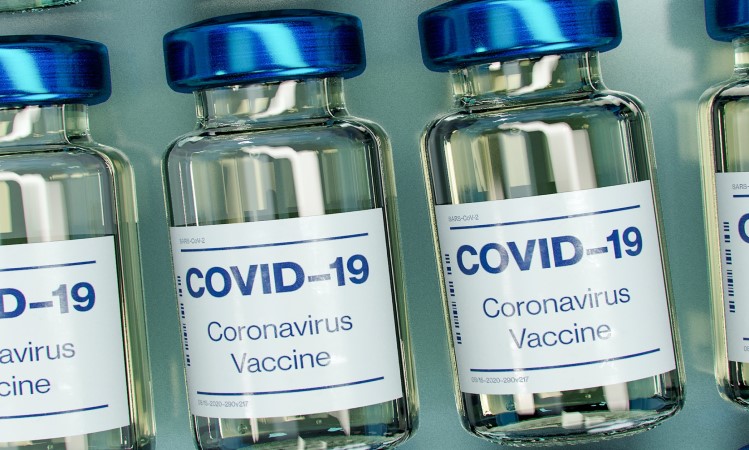
- by Peter Hayden
Another setback for the Johnson & Johnson vaccine: the American drug authority FDA warns that the vaccine developed in the Netherlands can in rare cases lead to Guillain-Barré syndrome, a nerve inflammation that causes paralysis.
The Janssen vaccine (like AstraZeneca) has previously been associated with a rare combination of thrombosis and a reduced number of platelets. The chance of the new side effect is, based on the American figures, 1 in 130,000.
It is not yet easy to determine whether the vaccine is the cause of the disease in all cases, says professor Bart Jacobs, who specializes in GBS as a neurologist at Erasmus MC in Rotterdam. The syndrome is rare; annually, it is diagnosed in 200 to 300 patients. “So many people have been vaccinated in recent months that we can expect an occasional diagnosis based on probability, without the vaccination playing a role.”
And then there is another crucial confounding factor: Guillain-Barré syndrome is usually an exaggerated reaction to an infection, for example, a common cold or a food infection. A few weeks after that infection, the immune system suddenly opens an attack on peripheral nerves (which runs from the spinal cord to muscles and home).
The result: weak muscles, numb limbs and, in severe cases, paralysis. In fact, it should be ruled out that all patients whose syndrome is now diagnosed after vaccination should have contracted an infection before, emphasizes Jacobs. For example, he tells about a patient who got GBS after a corona vaccination but who had recently contracted an intestinal infection. “There’s a good chance that the infection is the real cause and not the vaccine.”
Most patients eventually recover. They are given drugs that curb their immune system’s overreaction. However, a small proportion has residual symptoms ranging from fatigue to partial paralysis. In the Netherlands, an average of five patients die each year from the disease, says Jacobs, usually older people who also had other illnesses.
